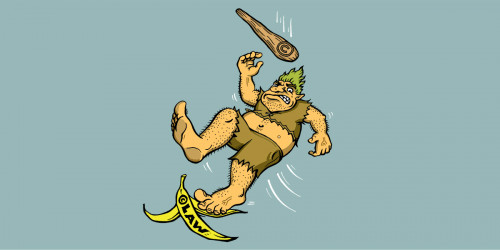Let's measure today's opinion against the chief issues mentioned in the "Grokster Reader's Guide" last week.
- It's Not About P2P: It's still not about P2P. Whether or not today's ruling unleashes new litigation against innovators, it will have no effect on the tens of millions of Americans who continue to use P2P file-sharing software, nor will it deter off-shore programmers living beyond the reach of US copyright laws. Hilary Rosen is right: giving music fans a compelling legitimate alternative, whether through collective licensing or simply competing with free, is the only solution.
- No Matter What, We've Won: There is reason to celebrate in today's ruling. It could have been much worse. As many have noted, the Court rejected many of the more extreme positions that the entertainment industry argued for in the courts below. As discussed below, the Court left intact several important legal bulwarks for innovators. While the Court didn't shore them up, it also didn't tear them down.
- Main Event #1: Sony Betamax. The Supreme Court left the Betamax defense intact by essentially refusing to say anything about it, although the sniping between the two concurrences suggests that a future battle may be coming. Neither side can declare total victory on this score and future cases are probably inevitable (especially where well-advised companies use today's decision as a roadmap for avoiding any hint of inducement).
- Main Event #2: Vicarious Liability. The Court chose to punt on this issue, choosing to base its decision on inducement instead of addressing the entertainment industry's "you could have designed it differently" theory of vicarious liability. The Court's exposition of inducement, however, suggests that it would be hostile to any theory that imposed a free-floating obligation to redesign (without any evidence of inducement) on technologists. That's good news.
- Main Event #3: Inducement. The Court conjured a new form of indirect copyright liability, importing inducement from patent law. Lawyers will be reading the tea leaves here for years to come, trying to divine the precise boundaries of this new form of copyright liability (and, contrary to what the patent lawyers will tell you, patent precedents don't resolve all the questions). The opinion suggests that copyright plaintiffs must show some overt act of inducement; the design and distribution (along with the usual incidents of distribution) of a product, by itself, are not enough. But the Court's opinion may lead lower courts to conclude that once you find an overt act, however small, virtually everything else becomes relevant to divine your "intent." That would be a bonanza for entertainment lawyers eager to foist huge legal costs on defendants. Reminiscent, in some ways, of the securities class actions that have bedeviled high tech companies for years.
More about the details of the Court's inducement theory soon.








